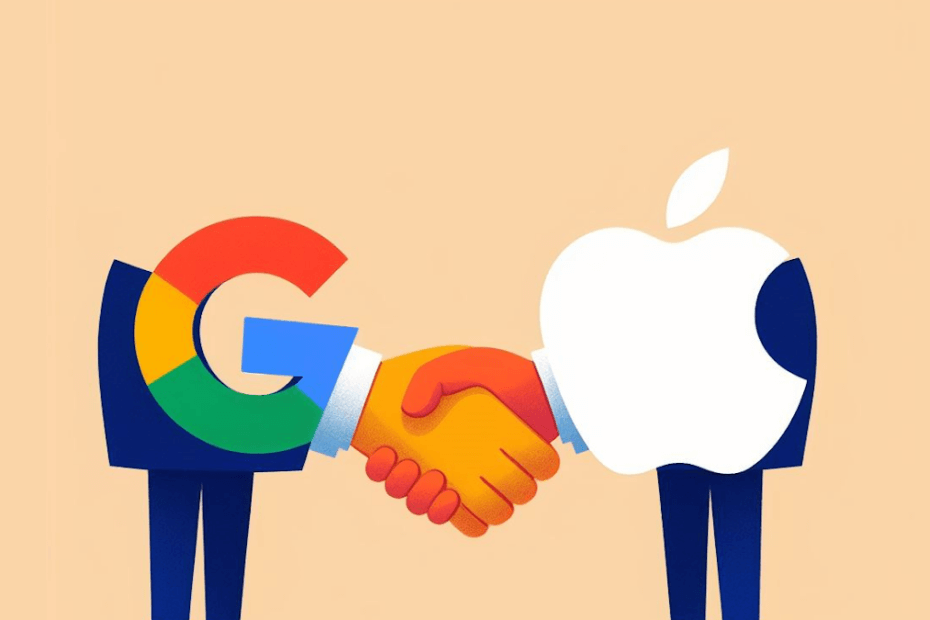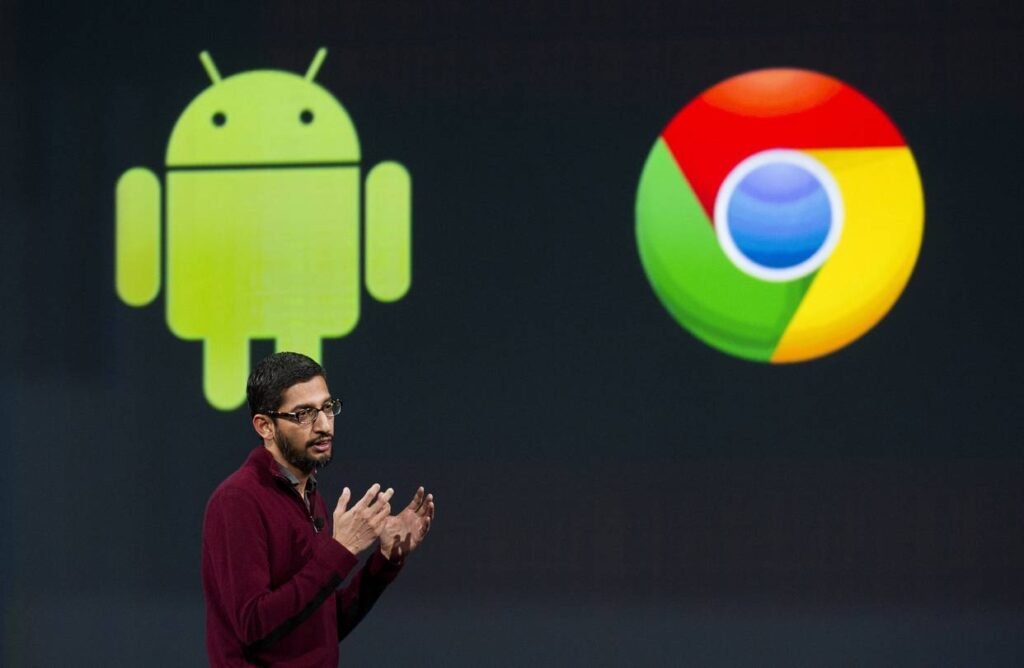On Monday (8 August 2024), a federal judge in the U.S. District Court issued a ruling that Google’s search business violated U.S. antitrust laws. This means that Google’s decades-long dominance in the search market may be overturned.
On the other hand, media reports that the U.S. Department of Justice will not only seek to weaken the lucrative alliance between Google and Apple, but in the next stage of the case, involving penalties for Google’s illegal monopoly.
Besides that, the Department of Justice may also try to prevent Google from dominating the next generation of search technology – conversational artificial intelligence, and make it easier for rival search providers to undermine Google’s 95% market share in the search market.
Gene Burrus, who is a former assistant general counsel at Microsoft Corp., said Justice Department lawyers will almost certainly ask the judge for “structural remedies” rather than just “behavioural” changes to Google’s search business and its partnerships with companies like Apple. For example, it could require forcing Google to divest Android.
The judge said Android has helped Google improperly perpetuate its monopoly.
Bruce said the Justice Department could push for larger changes because it would mean the government wouldn’t have to actively monitor Google’s compliance with new restrictions on its core business. Past cases have shown that such monitoring is difficult to achieve.
Nobody can predict what decisions U.S. Judge Amit Mehta of the District of Columbia will make. However, Lee Hepner, an attorney for the antitrust group American Economic Liberties Project, said many past precedents show that courts are lenient with the government’s proposal of remedies after rulings in difficult cases.
The media listed the requests that the Justice Department may make to the judge:

Search Agreements
Based on the wording of Mehta’s ruling, he seems ready to cancel Google’s exclusive agreements with Apple, Samsung, Firefox and other companies because these agreements make Google the default search provider on their devices or browsers. Justice Department lawyers will almost certainly echo this idea in their complaints.
On the other hand, Monday’s ruling has ignited hopes within Microsoft, as it can replace Google by reaching a similar replacement. Because Microsoft’s share of the search market is negligible, such transactions are unlikely to raise antitrust concerns.
Microsoft has alway tried to replace Google as the default search provider on Apple’s Safari browser, but evidence emerged in the Google search trial that Apple never considered Microsoft’s Bing as an alternative. This is part because Microsoft could not pay as much as Google for the privilege.
Google pays Apple over $20 billion a year and billions more to other search distribution partners. Google generates revenue from searches conducted on partners’ devices or browsers to pay these payments. Google believes that if competitors reach such agreements with Apple, Google’s search advertising revenue will drop by tens of billions of dollars each year.

Android System
Some analysts believe that although the court may try to dismantle the exclusive agreement between Google and Apple, it may be difficult to influence the actions taken by Apple after the court punishes Google.
This is why the Department of Justice may go after another Google product through the court system: the Android operating system.
In the ruling, the judge frequently mentioned the role of Android in perpetuating Google’s monopoly. This is because it effectively forces Samsung and other companies using Android to include Google Search as an integral part of their devices.
Currently, EU regulators have forced Google to offer new Android customers the opportunity to choose a default search engine. But this does not seem to have weakened Google’s monopoly.
Therefore, the Justice Department lawyers may force Google to divest Android. This may reduce Google’s monopoly in the mobile search market, because an independently operated Android system may have no reason to promote Google search.

Artificial Intelligence (AI)
Media also expects that Jonathan Kanter, the Justice Department’s antitrust chief, may try to persuade the judge to prevent Google from using its AI assets to consolidate its search dominance.
On Thursday, Kanter told the media that “if a company has monopoly power… then there is a strong incentive” to develop a new technology like AI, “which will consolidate the monopoly moat rather than open up a whole new frontier.”
Currently, Google has already integrated conversational AI answers in its search results.
One solution could be to force Google to provide its LLM (large language model) to competitors so they can compete more effectively in the next generation of search.
Furthermore, the Justice Department might also ask a judge to order Google to let competitors use some of the assets Google uses to develop its AI to train their AI, including YouTube videos controlled by Google.

Ad Tech and App Store
Ad Tech and App Store is the second-largest source of profit after search, and Google could face penalties for fees it generates from its app store on Android devices
Last year, a jury found Google guilty of violating regulations in controlling the Android app store and taking a cut of revenue generated by mobile apps in a case brought by mobile game maker Epic. The court is still reviewing potential penalties but could impose restrictions that make it difficult for Google to maintain its app store profits.
Google also faces multiple antitrust lawsuits over conflicts of interest in its ad tech business, which facilitates the buying and selling of ads on websites that Google doesn’t own. The Justice Department is leading one of the ad tech lawsuits, which is set to go to trial next month.























